Most companies today are facing technological change and adjustment processes. Over the years, technology has advanced by leaps and bounds, allowing us to integrate tools that help us optimize processes and make future decisions.
Without being technology experts, we find ourselves immersed in a world where terms such as digital transformation, Big Data, Business Intelligence, Artificial Intelligence, and others are increasingly commonplace and relevant to our jobs and way of life. These concepts add value to virtually any business process analyzed. Today, many organizations have established or integrated the area of data mining, making it an indispensable and key area for decision-making.
When we talk about Artificial Intelligence, we tend to think of large multinational corporations implementing robotics in their processes, but that's not the case. Artificial Intelligence, as a tool, is efficient in any field, process, or company that knows how to use it. Today, in the area of Executive Search and Selection, Artificial Intelligence is here to stay. It gives us an innovative perspective, allowing us to optimize stages of the candidate selection process and become more efficient as a company. Processes need to adapt and be part of the changes we are experiencing, as a society and as companies. Incorporating technology allows us to go beyond what we are used to and, at the same time, dedicate more quality time to the main phases of the talent selection or search process, where we, as professionals, add greater value.
When we look at the search and selection process as a whole, we see that there are stages where it's inefficient and where we waste valuable time. Simply put, Artificial Intelligence allows us to analyze and interpret candidate results in their applications and predict their performance if hired. It helps us detect their personality traits and cognitive abilities, allowing us to identify the most suitable candidate for the vacancy we are seeking or researching.
Thus, by analyzing thousands of data points generated from games and neuroscience-based tests, we can perform a predictive analysis of job performance. Using Artificial Intelligence, we identify candidates' personality, cognitive, and emotional traits and compare them with the best talents holding a specific position in the company we are advising.
It's worth noting that this is a complementary tool. It certainly adds value, but it doesn't replace the traditional selection process; rather, it complements and enriches it. At Krebs Consulting, we rely on these techniques as a way to optimize, innovate, and take the process to the next level. However, the personal interview, the consultant's eye, and their track record and experience remain, to this day, irreplaceable elements in the candidate selection process, in which we also seek to provide a personal, human, and welcoming touch for both our clients and candidates.


